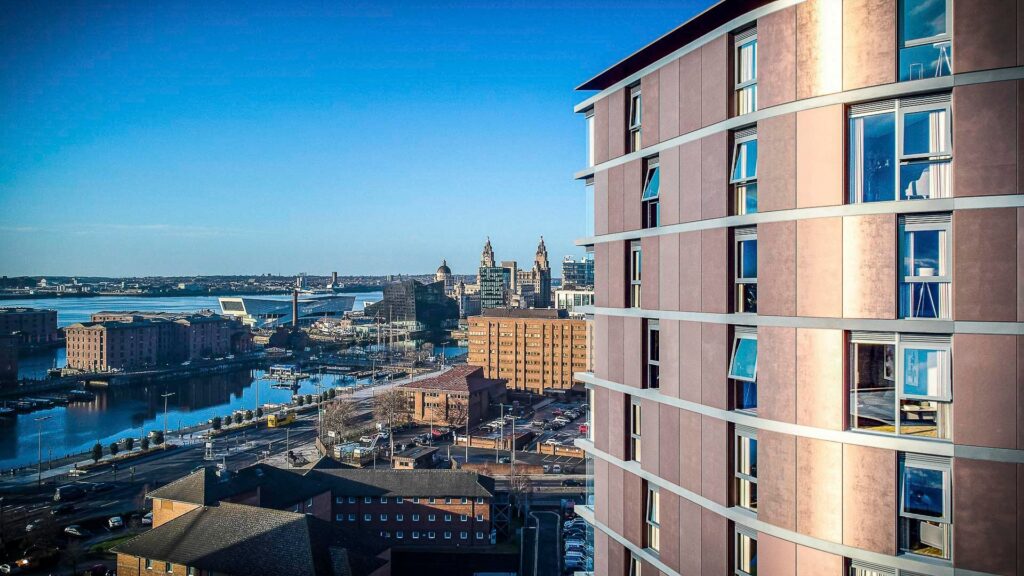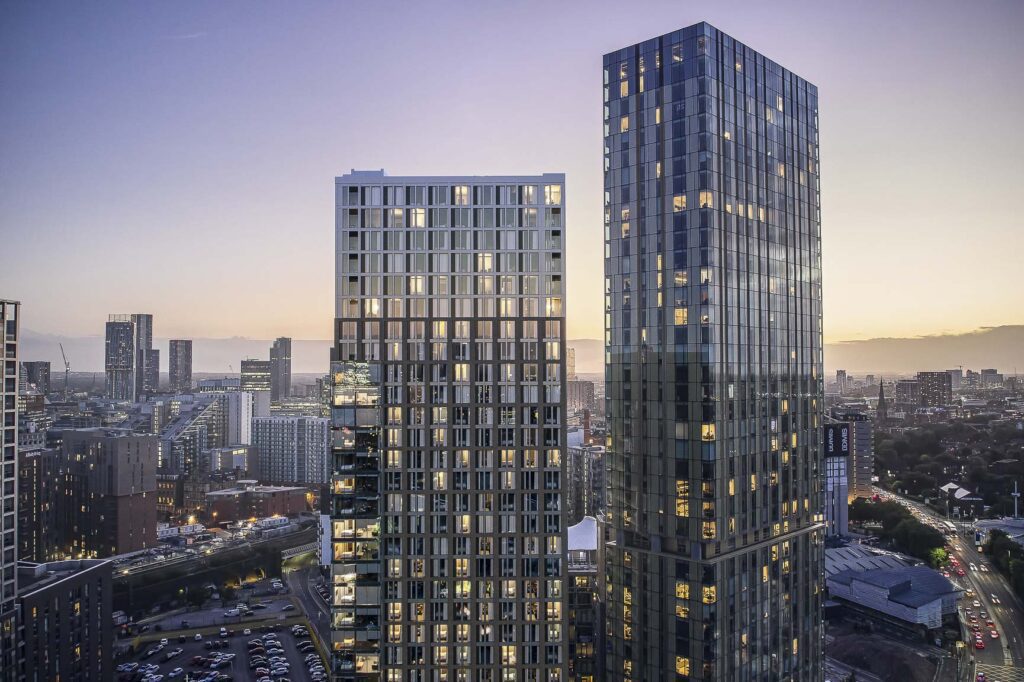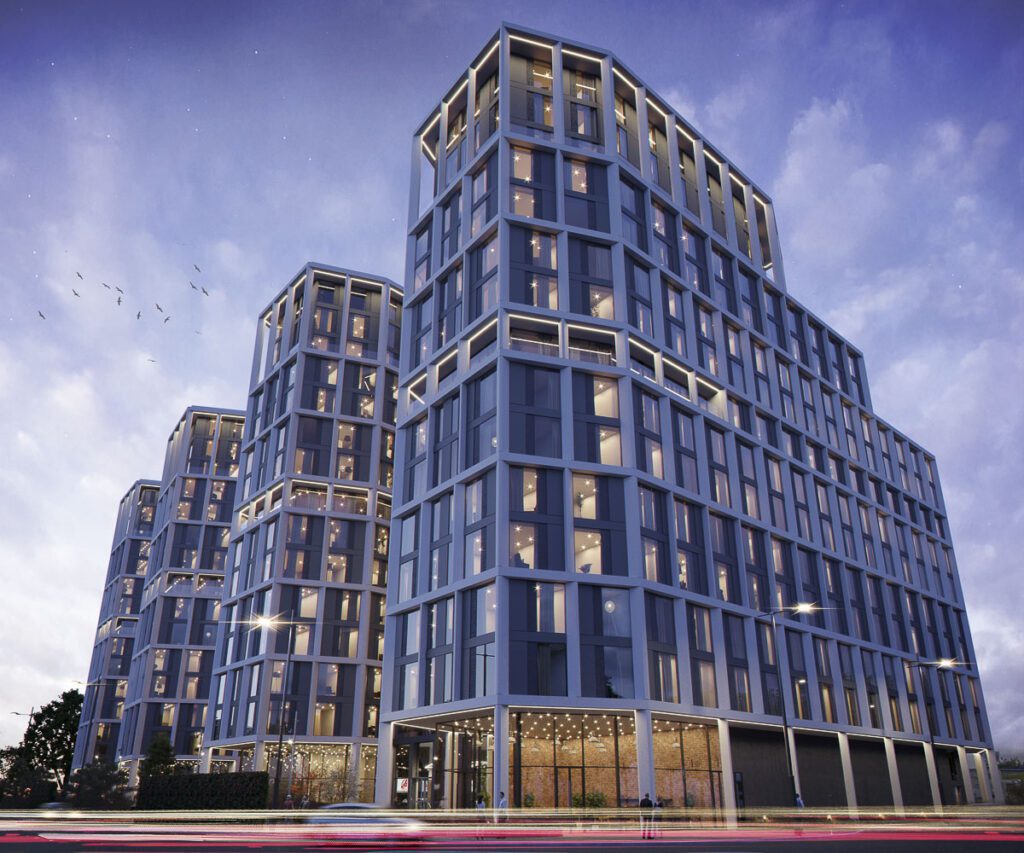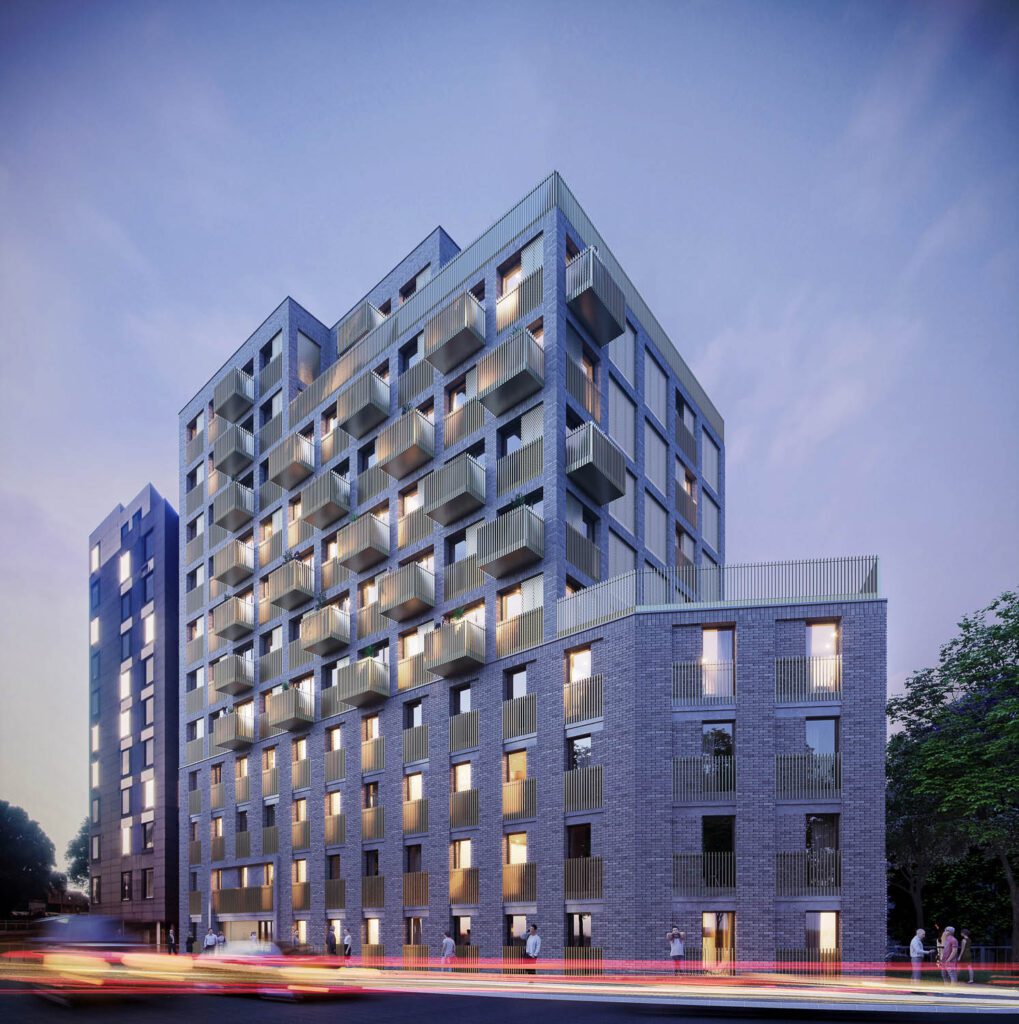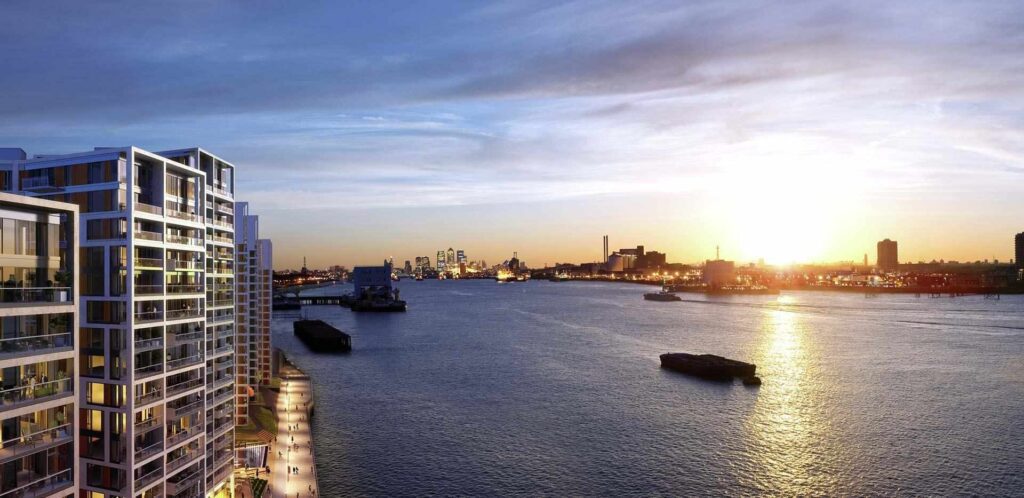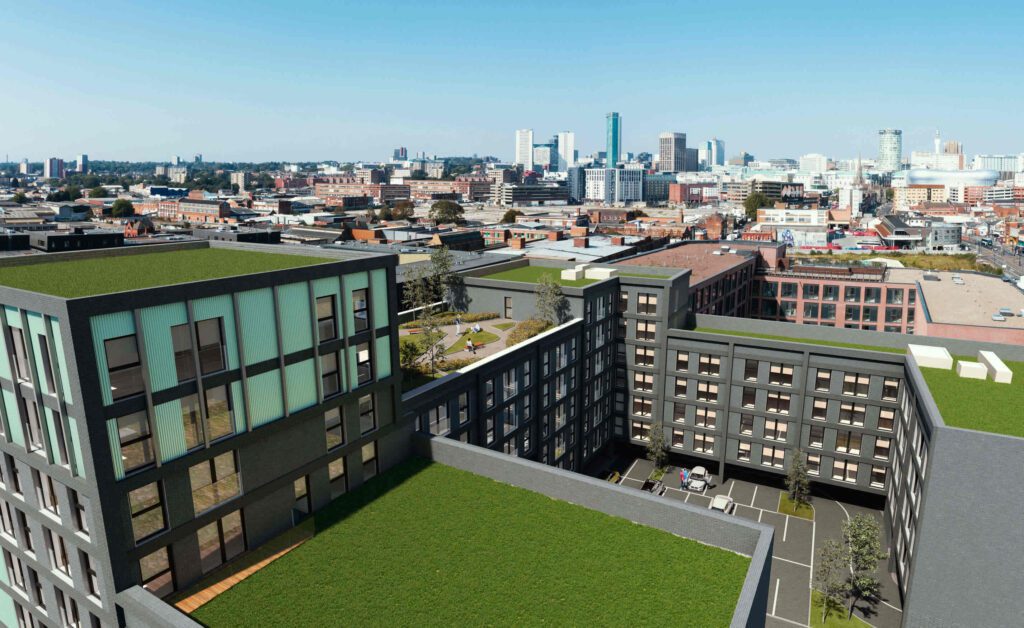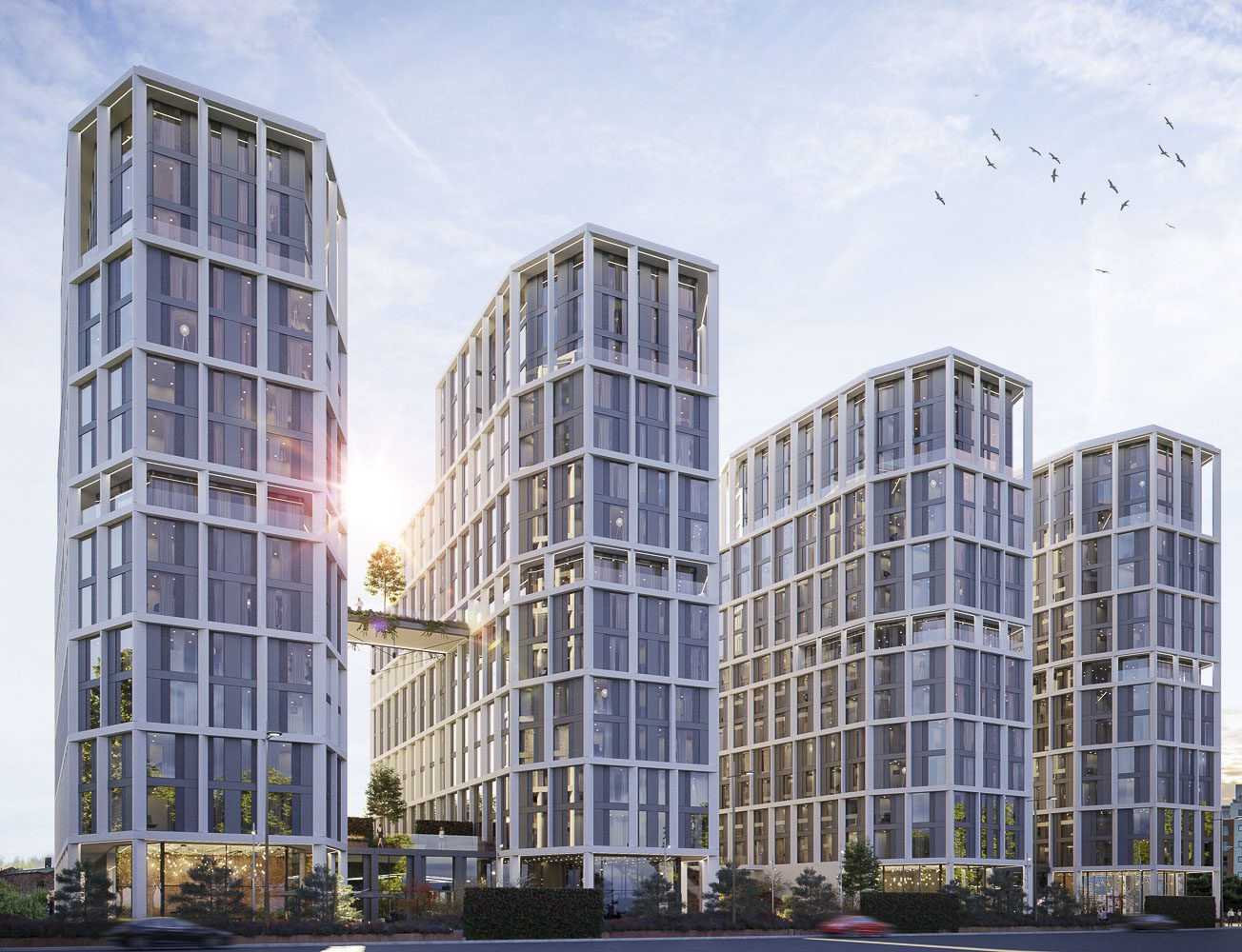
Birmingham Property Market Report
Learn about Birmingham house prices in our Birmingham property market report. Click to read more.
All About the Birmingham Property Market
One of the largest UK cities outside of London, Birmingham is a major economic powerhouse and an area that’s seen a lot of growth over recent years.
A key player in the industrial revolution and a city that has massively benefitted from ongoing regeneration since the 1990s, the property market in Birmingham is one of the strongest in the UK.
Birmingham house prices have grown significantly, prompting people from around the globe to consider the Birmingham property market for their next investment.
But just how much have house prices in Birmingham changed over the years, what do average property prices look like in Birmingham in 2024, what kind of rental yields does the Birmingham property market offer, and what do future Birmingham property price predictions look like?
Our detailed Birmingham property market report covers all this and more in a simple, easy-to-read format. If you’re interested in learning more about one of the best places to invest in the UK, keep reading for some great insight.
Liverpool's Biggest, Boldest Development!
Last chance to invest! Earn up to £28k Annually with 6% assured yields.
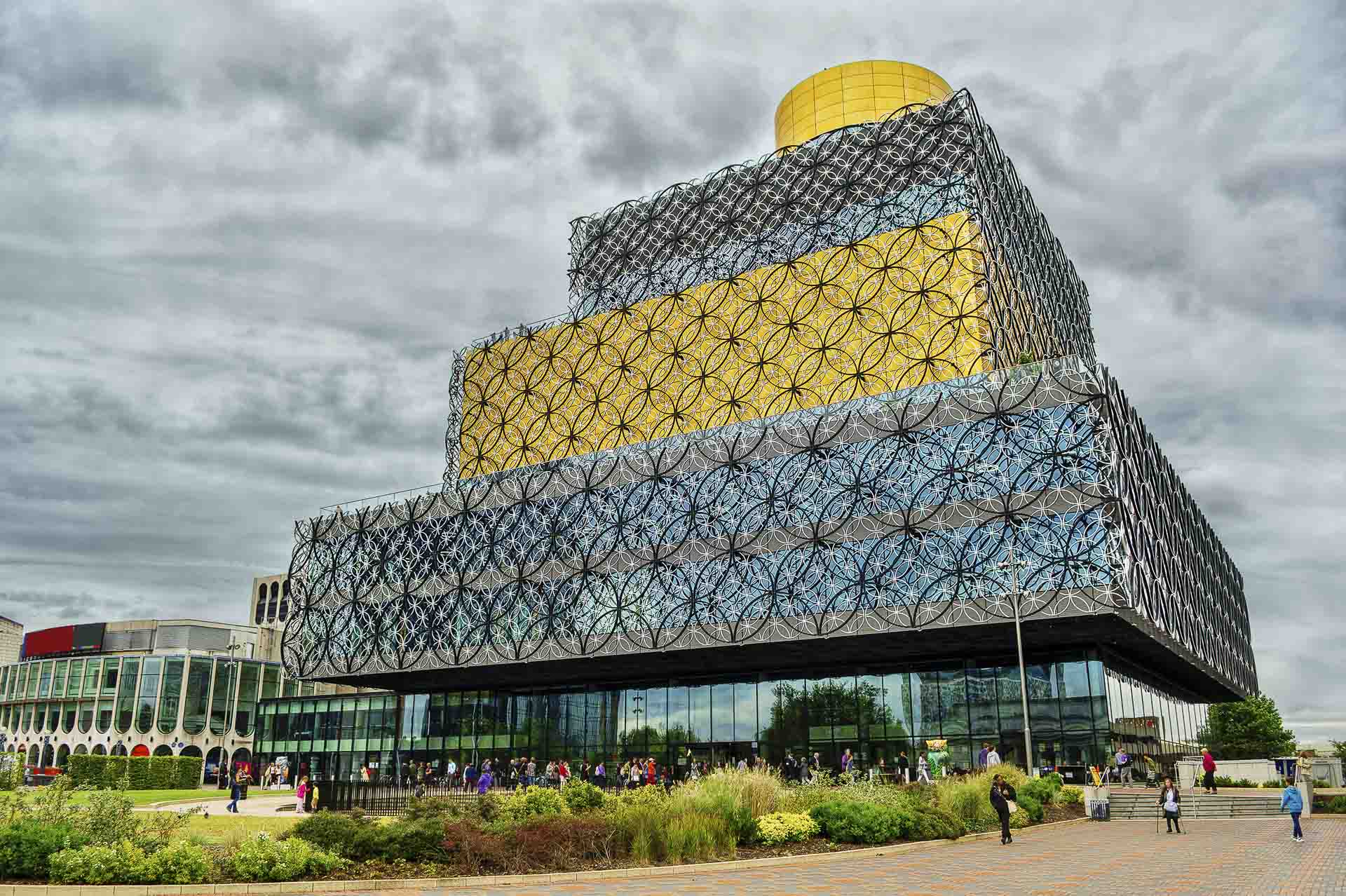
1. Average Birmingham Property Price Growth
Property price growth is always a key consideration for anyone interested in the UK property market.
To begin our Birmingham market report, let’s analyse data to determine how Birmingham house prices have grown over the last 13 years.
Average House Prices in Birmingham: 2010 – 2015
In January 2010, Birmingham property prices stood at £131,783 on average. Throughout the year, prices remained relatively steady until September when they rose to £138,036, before falling back down to £134,849 by the end of the year.
Average property prices in Birmingham then remained low through 2011, 2012 and 2013. It wasn’t until January 2014 that the average house price in Birmingham exceeded September 2010’s figure, with a new average property price of £138,300.
From that point onwards, the average house price Birmingham offered rose significantly until landing on an average property price of £144,496 by January 2015.
Between January 2010 and January 2015, the average house price in Birmingham rose by 9.6%
Average House Prices in Birmingham: 2015 – 2024
After hitting £144,496 in January, average Birmingham house prices continued to grow consistently from 2015 to 2020. By December 2015, average Birmingham house prices stood at £153,448.
By June 2016, the average property price in Birmingham had reached £161,121, exceeding £160,000 for the first time. Prices then stayed at a consistent level throughout the rest of 2016, 2017, 2018, and 2019.
By August 2020, average house prices in Birmingham had landed at £190,845. This was the first time house prices had exceeded £190,000 and happened in line with the record-breaking housing market growth seen throughout the UK in 2020.
By December 2020, average Birmingham property prices had risen yet again, ending the year at £201,308. This means that Birmingham property prices increased by a total of 39.3% within the last five years alone.
As of March 2023, property prices in Birmingham are at £231,270 – further illustrating this great growth.
Are House Prices Rising in Birmingham?
When you look at average Birmingham property prices over the last 13 years, it’s clear that house prices are rising in Birmingham. Since 2010, average Birmingham property prices grew by over 77.58%.
What is the Average House Price in Birmingham?
According to Zoopla house price data, the current average house price in Birmingham is £248,630. This is based on the asking price of Birmingham properties that are currently listed for sale online.
Just 23-Mins from Central London
Premium London Commuter Belt apartments are securable for just £51,442, thanks to a new payment structure just agreed with the developer!
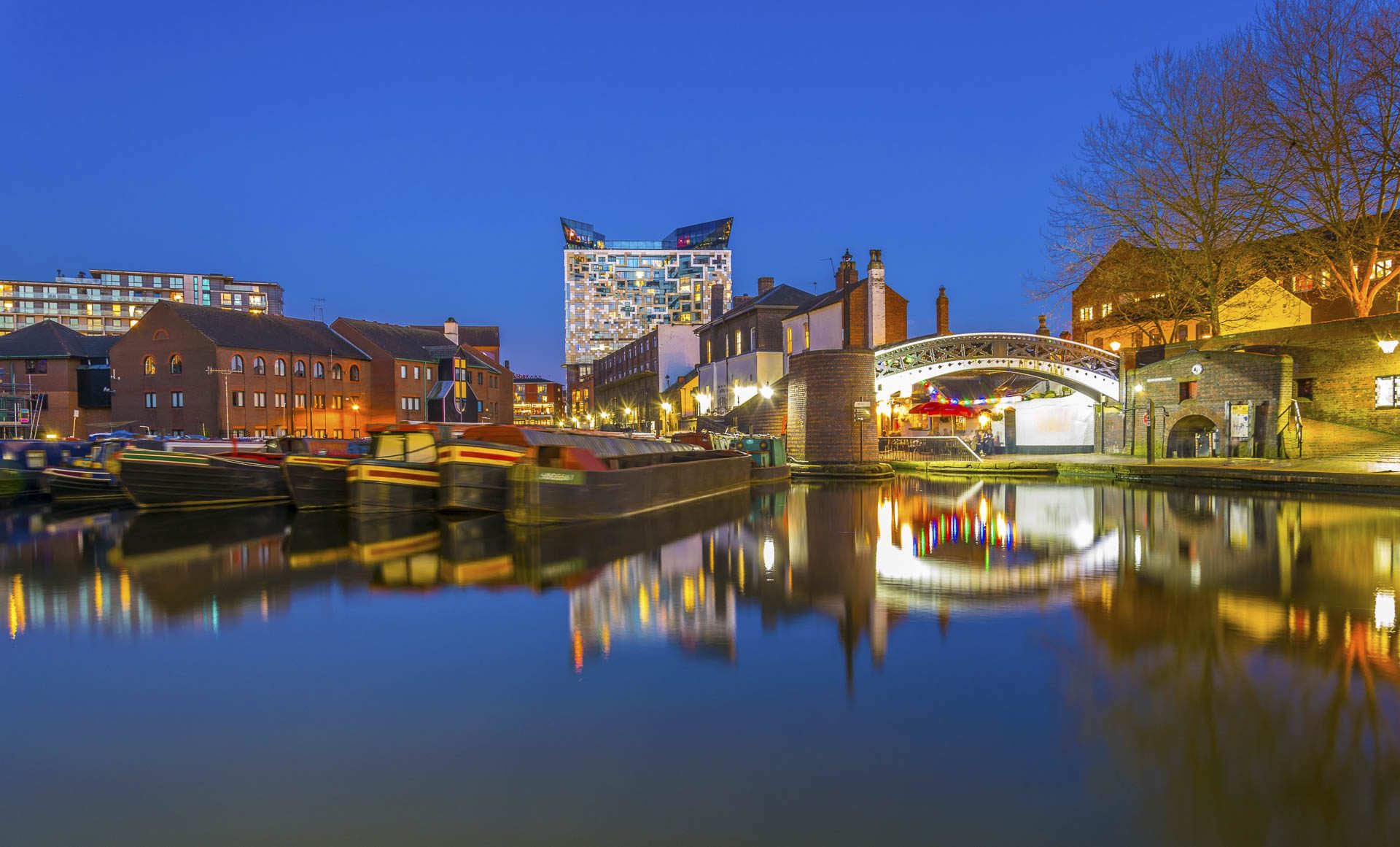
2. Birmingham Property Growth: How it Compares
So, we know that Birmingham house prices have grown over the last 13 years by an average of 77.58%, which is a hugely impressive figure.
But how does the average property price growth Birmingham has seen over the last 13 years compare to house price growth in other areas?
Let’s take a look at average growth in Birmingham compared to house price growth in Manchester, London, and the UK as a whole.
Growth in Birmingham House Prices vs Average UK House Price Growth
As mentioned, property price growth across the entire UK has been strong throughout recent years, particularly in 2020.
Due to the temporary stamp duty tax break and a rise in demand for properties aligned with new market trends, property market activity and average house prices experienced a jump in 2020.
By the end of 2020, the average UK house price had reached £251,500, up from £231,792 in December 2019.
Between January 2015 and December 2020, Birmingham property prices grew by 39.3%. Compare this to the UK average of 31.9%, and it seems that Birmingham house price growth contributed massively to the UK’s overall average growth throughout the last five years.
When you look at 13-year growth between 2010 and 2023, both UK and Birmingham house prices have seen a significant increase, with 69.77% average growth for the UK and slightly higher 77.58% average growth for house prices in Birmingham.
Growth in Birmingham House Prices vs Average London House Price Growth
Birmingham and London are often compared. Two large UK cities that contribute a lot to the country’s economy, there are definitely some similarities between the two areas.
One way that London and Birmingham differ, however, is with their property markets. Property prices in London are notoriously high, and while Birmingham house prices aren’t the lowest in the UK, the housing market in Birmingham is definitely one of the most affordable.
London’s average property price as of March 2023 stood at £523,325. This is more than double the average house price in Birmingham at the same time.
So how does long-term property price growth compare in these two cities? Between 2010 and 2023, London house prices increased by 86.6%. This is certainly an impressive figure and is mainly fuelled by strong growth from 2010 to 2015.
However, when looking at London property market growth between 2015 and 2023, the five-year increase is less impressive. During this period, London house prices grew by just 29.3%, which is more than half the Birmingham property market’s growth of 59.69%.
London house price growth has now been limited for several years when compared to other cities, which is why so many people are now investing in Birmingham as an alternative.
Even during 2020, when UK property prices increased massively across different cities, London prices grew by just 4.2% compared to 6.4% growth in Birmingham.
Growth in Birmingham House Prices vs Average Manchester House Price Growth
Manchester is a city that’s often praised for its property market. Birmingham and Manchester are similar cities, both being major student cities and offering great alternatives to London for those who want to escape the capital.
But how does Manchester property price growth compare to the development of average house prices in Birmingham?
Over 10 years from 2010 to 2023, Manchester saw house prices rise by 98.48%, which exceeds the property price growth seen in Birmingham.
Growth for Manchester was equally impressive over the period between 2015 and 2020, which saw 71.94% property growth. Again, this is much higher than the growth seen in the Birmingham property market.
While Manchester and Birmingham have similar average property prices, it’s evident that Manchester comes out on top for house price growth when comparing these two cities.
Still, with Birmingham house price growth beating both London and the UK average, the Birmingham property market remains one of the best in the UK.
Unbeatable Views, Unbeatable Returns
Secure a 2-bed apartment in this landmark development boasting panoramic views of Liverpool’s Waterfront.
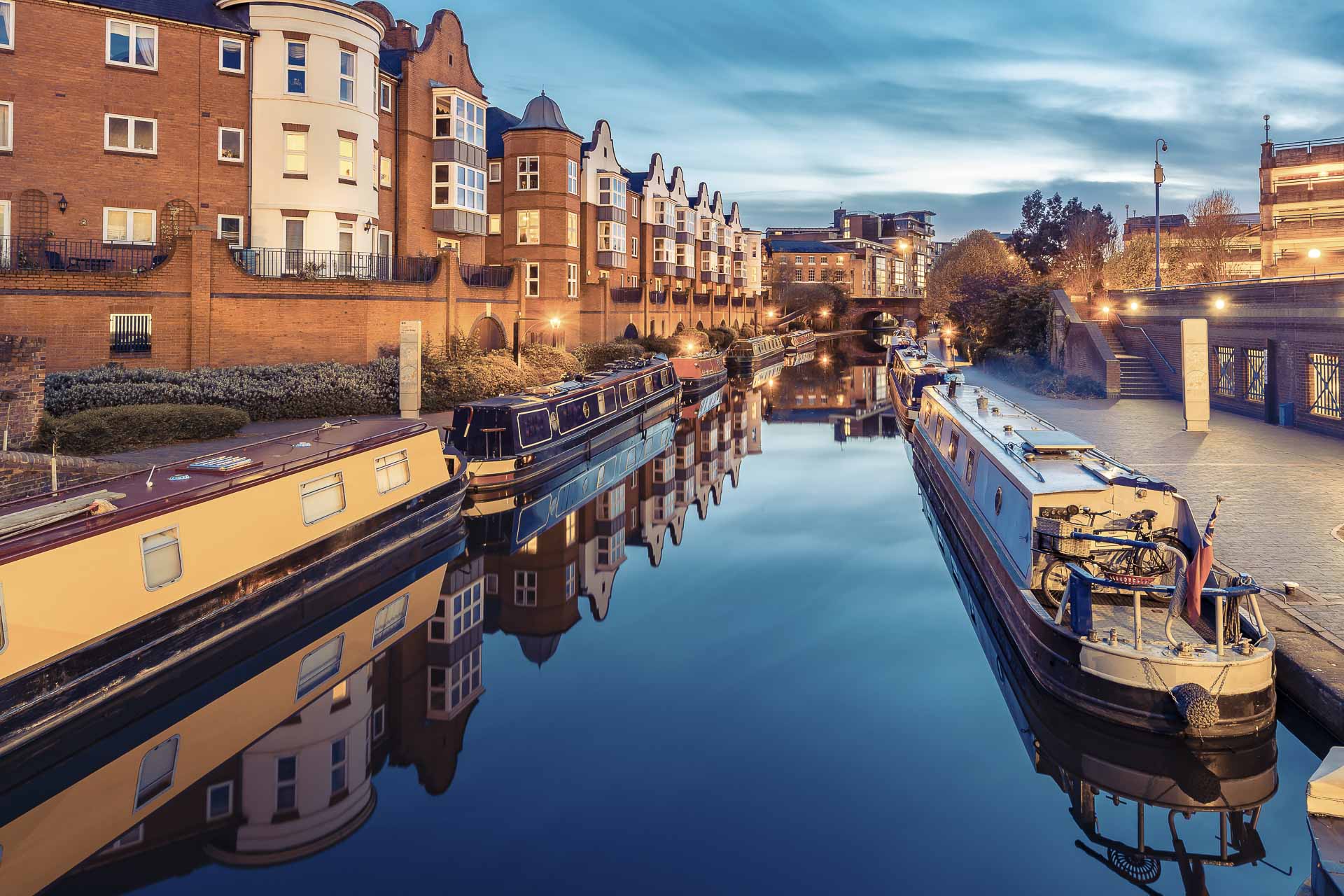
3. Birmingham Property Prices by Postcode
If you’re interested in buying property in Birmingham, either to live in or for investment purposes, you’ll want to know where you can find properties that best fit your budget.
As with any UK city, the average house price in Birmingham will vary depending on the different parts of the city.
Some postcodes in the Birmingham property market offer more affordable average house prices than others, while more affluent postcodes can be pricier.
Below is a table displaying the current average asking price for 26 different postcodes across the housing market in Birmingham.
Where Are the Cheapest House Prices in Birmingham?
According to the average asking price data for each postcode, as compiled by Zoopla, the most affordable areas in Birmingham to buy property are B6, B8, B10 and B9. In these postcodes, average Birmingham house prices currently fall below £190,000.
Postcodes B2, B21, B23, and B26 all offer average asking prices of less than £200,000.
To understand why Birmingham property prices are more affordable in these postcodes, we need to look at the towns and districts that each postcode covers.
B6, for instance, which currently has average asking prices of £153,686, covers inner-city areas Aston, Birchfield, and Witton. With the area being home to Aston university, this postcode is a popular student property spot.
Other affordable postcodes in Birmingham, such as B23, span another student hotspot, Erdington, while the B2 postcode spans part of Birmingham city centre.
Where in Birmingham Are House Prices Most Expensive?
According to Zoopla’s data, the highest Birmingham house prices can be found in B15, which is home to the affluent suburban area of Edgbaston. Other postcodes that offer high Birmingham house prices include B17, B7, and B20.
Buy-to-Let Investment Guide
Want to become a successful buy-to-let investor? Get our free investment guide today for all the latest tips!
Download Guide
Off-Plan vs Completed Property
The ultimate guide to help you choose whether to invest in off plan or completed property in 2024.
Download Guide
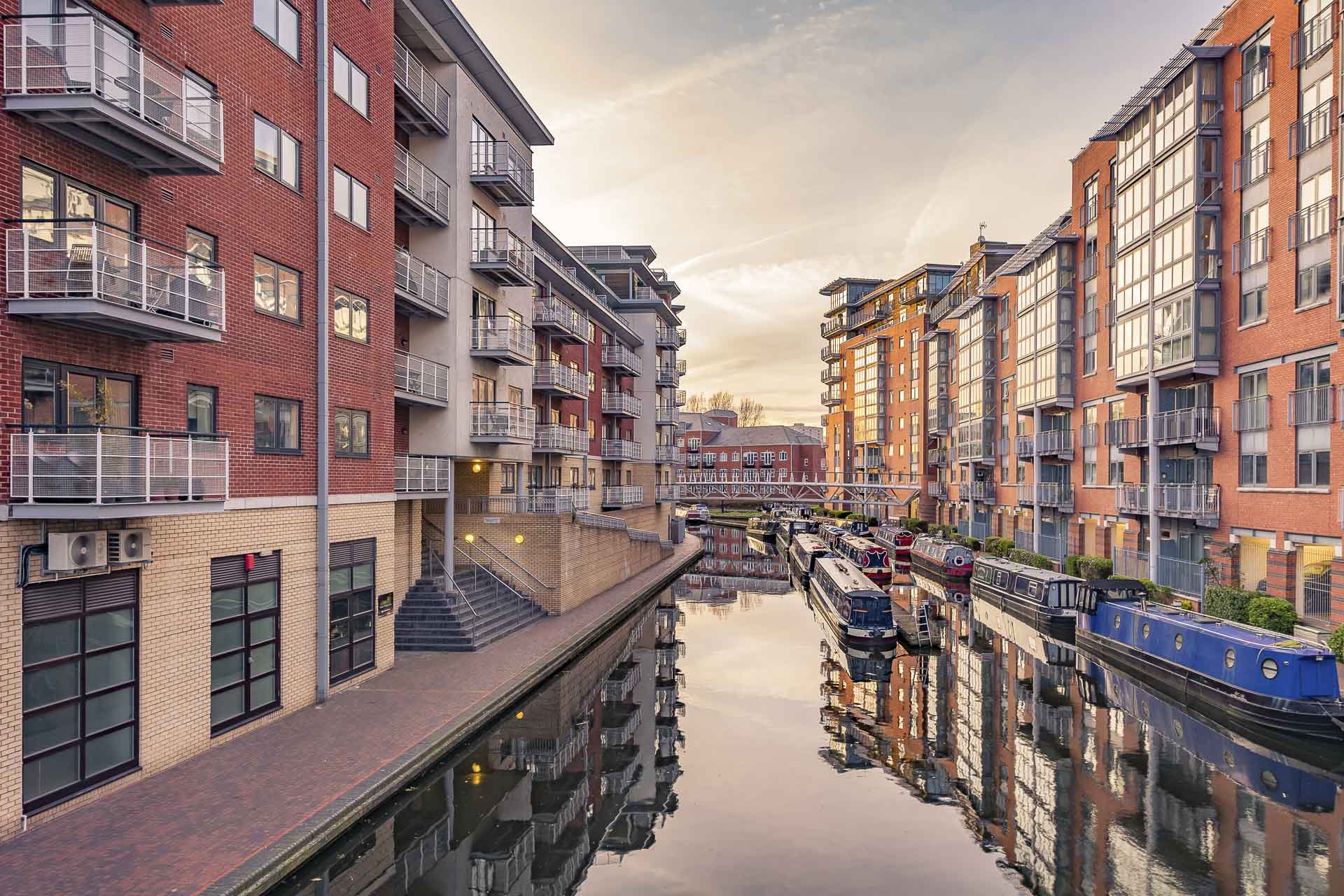
4. Rental Yields in the Birmingham Property Market
If you’re reading this Birmingham property market report as a way to find out whether you should invest in Birmingham, learning about Birmingham rental yields is a crucial step.
Rental yields are used to indicate how much money investors can expect to generate through rental income on a buy to let investment—the higher the rental yield, the better return on investment you can expect to see.
Birmingham doesn’t come out on top when it comes to rental yields, especially when compared to other buy to let hotspot cities like Liverpool and Manchester.
There are, however, still opportunities to make some fantastic rental returns in the Birmingham property market when you know where to look.
What Is the Average Rental Yield in Birmingham?
According to Zoopla house price data, the current average rental yield in Birmingham is 8.74%. While not as high an average as you would find in cities like Liverpool and Manchester, which boast averages of up to 10%, rental yields in certain areas.
Which Birmingham Postcodes Offer the Highest Rental Yields?
To find out which postcodes in the Birmingham property market offer the best rental yields, we looked at the latest Zoopla data for average asking rents and property prices for 14 postcodes.
As you can see from the table below, average Birmingham rental yields can differ quite drastically. While the B10 postcode offers average yields of 6.46% and the B7 postcode offers an average 7.01% yield, other postcodes like B15 don’t even reach an average of 4%.
These average rental yields are heavily dependent on the average property price of a postcode and the average monthly rent.
In the B5 postcode, for instance, the average monthly rental cost stands at £1,677 based on current home.co.uk listings, while the average property price is £275,174. This is by no means a low average property price, but the high rental costs make up for it and produce an average yield of 7.31% for the area.
Is Birmingham a Good Place to Invest in Property?
Birmingham can be a good place to invest in property when you know where to look. Certain postcodes offer higher rental yields than others, which is why it’s so crucial to do careful research when interested in Birmingham property investment to find the best deals on the Birmingham property market.
RWinvest Investment Finder
Find the Perfect Investment for you.


5. The Residential Market in Birmingham
In Birmingham, the housing market is often split into two, with the residential property market and the student market.
If you’re looking for a house to buy in Birmingham that you plan to live in, or you’re a buy-to-let investor that wants to invest in residential property, the residential market is what you’ll focus on.
Right now, the residential Birmingham property market is thriving. But aside from the stamp duty tax break, which has fuelled property market activity across the UK, what are the reasons for high demand throughout the housing market in Birmingham?
People Are Leaving London to Live in Birmingham
New property market trends have also caused more people to start looking for homes that suit new living and working styles. Due to the Covid-19 pandemic, more people are now seeking properties outside of London and looking to live in more suburban areas.
This has led to high numbers of people leaving the capital to buy property in towns and cities that offer lower property prices and a better quality of life.
Even before the pandemic, however, there’s been a prominent trend of people leaving London to live in Birmingham. Back in 2018, it was revealed that 7,771 Londoners moved to Birmingham, which worked out at more than 21 people a day.
Birmingham Has a Great Business Scene
One of the reasons so many people choose to live in Birmingham is because of the opportunities available.
Birmingham is the second-largest market for business outside of London, offering a thriving manufacturing industry and tourism sector.
Birmingham is home to several big business names, including the headquarters for National Express. The city is also a popular spot for smaller independent businesses and start-ups.
Birmingham Offers Lots to Do and See
There’s so much to do and see in Birmingham that it’s no surprise demand for property has been skyrocketing in the area.
Birmingham offers a great cultural scene, a lively food and drink scene, and some fantastic attractions and regular events.
Is Birmingham Expensive to Live?
As far as average house prices, average rental prices, and average living costs go, Birmingham is one of the more affordable UK cities. Those renting in Birmingham can expect to pay no more than £932 a month, with one-bedroom flats available for £660 on average.
So how is the cost of life in Birmingham UK? According to data from Numbeo, the price of a meal in an inexpensive restaurant is £10 on average in Birmingham, which is £5 cheaper than London’s average.
The average price of a loaf of bread in Birmingham averages out at 97p, compared to £1.02 in London, and the average cost for a one-way public transport ticket comes to £2.40.


6. The Student Market in Birmingham
The student market in Birmingham is incredibly popular and plays a big part in the strength of the Birmingham property market.
Due to high student numbers, with a population of around 80,000, Birmingham is a top choice for investing in student property.
Some of the most popular areas in Birmingham for student property offer strong average rental yields.
B4, for instance, which spans part of the city centre, offers average rental yields of 5.16% and is a popular hotspot for students who want to live within the hustle and bustle of the city.
Is Birmingham Good for Students?
Birmingham is a great city for students, boasting several esteemed universities, a fantastic cultural scene, lively nightlife, and more. The city already boasts excellent infrastructure, and with regeneration schemes underway, Birmingham is set to become an even more attractive place to live.
Where Do Students Live in Birmingham?
In Birmingham, the most popular place to live for students is usually the city centre. Living in the city centre allows students to reach their university campus and easily enjoy everything the city offers. Other student areas include Edgbaston, Selly Oak, and Kings Heath.
